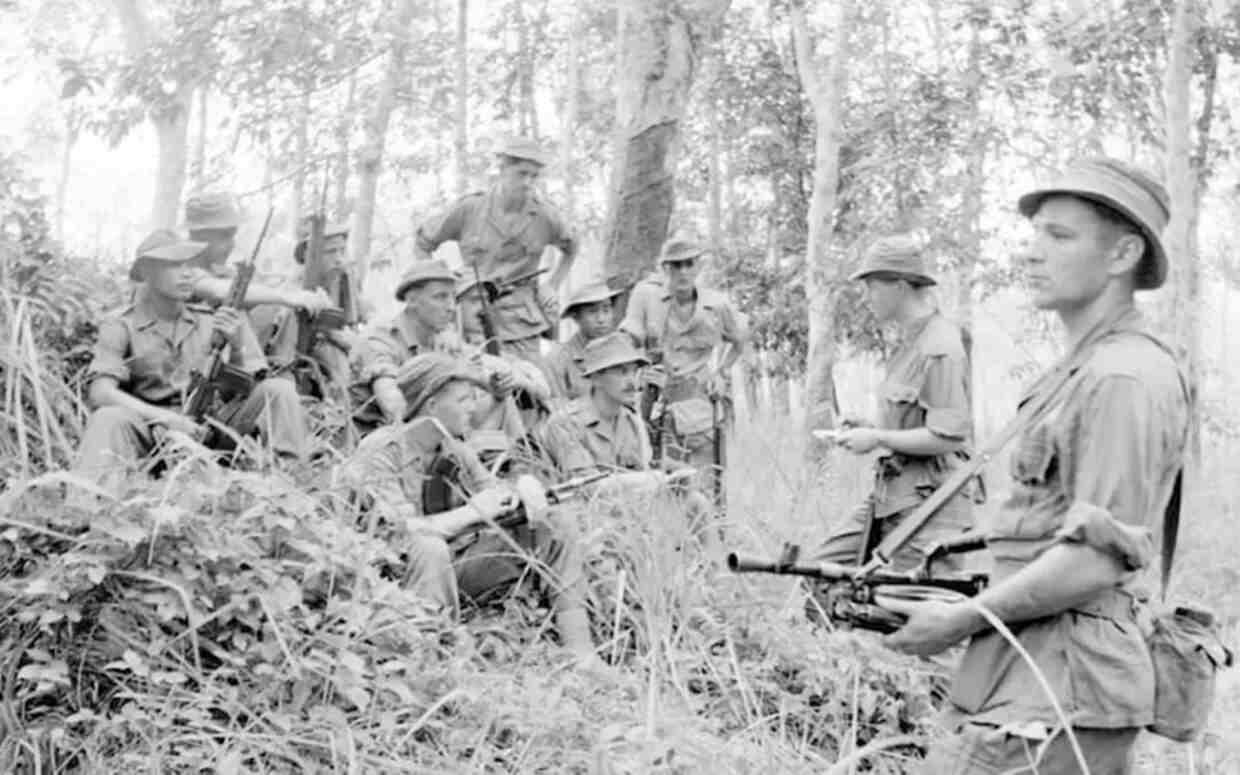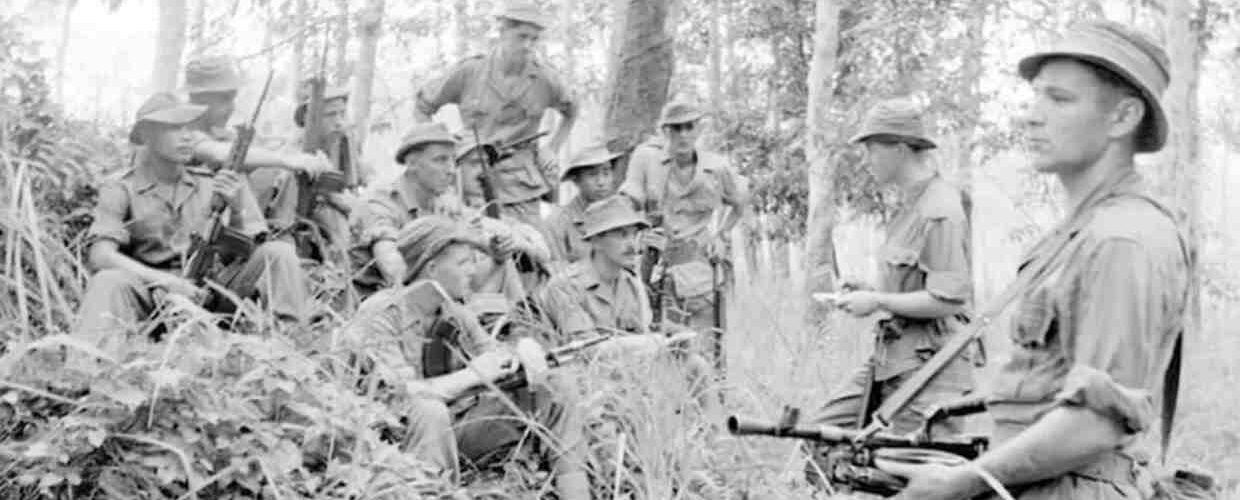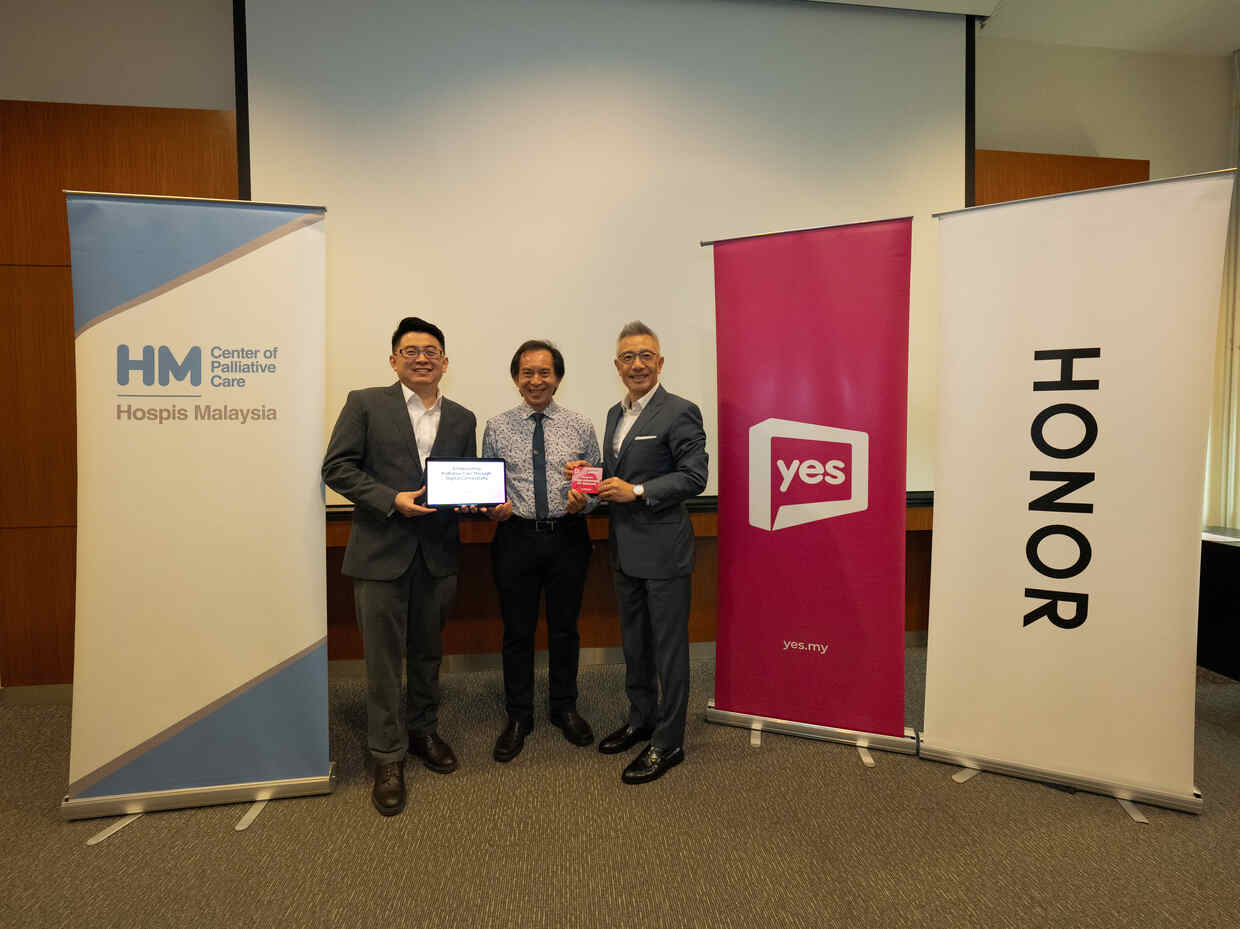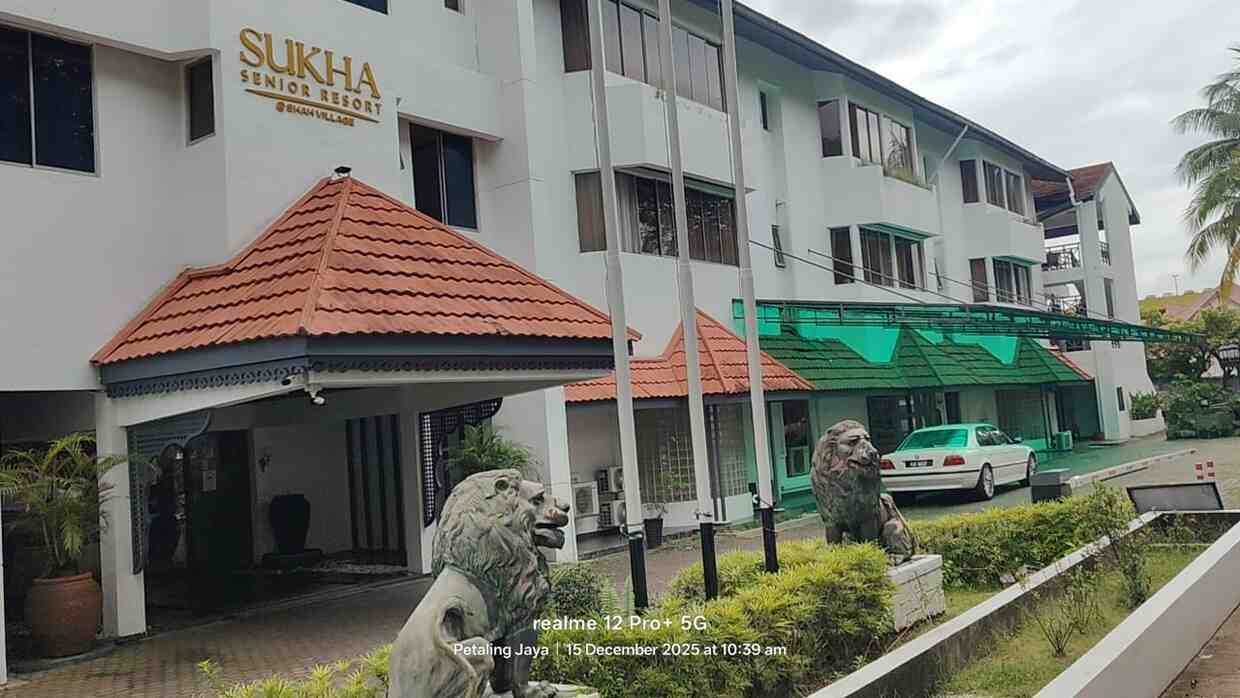In a momentous turn of events, the United Kingdom has finally issued an official apology for the Batang Kali massacre, where 24 unarmed men were executed by British troops on 11 and 12 December 1948 during the Malayan Emergency. The killings, long denied by the British authorities, took place in Selangor when soldiers from the Scots Guards forcibly separated the villagers, subjected the men to mock executions, and shot them in cold blood. Their homes were then set ablaze, and the surviving women and children abandoned.

In a formal letter dated 31 March 2025, Minister for the Indo-Pacific, Ms. Anne-Marie Trevelyan, expressed profound regret.
“Let me begin by recognising that these killings were a tragedy and have undoubtedly caused deep suffering for the families of those who died and the wider community,” she wrote.
Acknowledging the long-standing false narrative, the Minister added, “I also recognise that unhelpful, incorrect narratives portraying those killed as supporters of the insurgency have compounded the harm caused to survivors and their descendants.”
This apology marks a dramatic reversal from decades of denials and is only one of a handful of apologies ever offered by the UK for colonial-era atrocities.
Decades of denial and cover-up unravelled
For over seven decades, the British government maintained a narrative that those killed were insurgents attempting to escape while carrying ammunition. However, the truth had long been known to the families of the victims and was further exposed by testimonies in the 1970s when six of the soldiers involved admitted publicly and to the police that they had murdered the villagers. Despite this, the investigation was abruptly shut down for “political” reasons, and those responsible were never brought to justice.
The cover-up persisted through the decades. A Malaysian police investigation in 1993 was similarly obstructed by British authorities. In 2010, after fresh evidence emerged, families of the victims pursued legal action in the UK courts. The Supreme Court eventually ruled that while Britain bore responsibility, there was no legal obligation to hold a public inquiry. However, Lord Kerr of the Supreme Court acknowledged, “The overwhelming preponderance of currently available evidence showed wholly innocent men were mercilessly murdered.”
John Halford of Bindmans LLP, who has represented the families since 2008, welcomed the UK’s admission, stating, “This letter is a very welcome and unequivocal acknowledgement that the Batang Kali killings were unjustified and then covered up, something that has caused decades of pain.”
A victory for truth
For the descendants of the Batang Kali victims, the UK’s recognition has been bittersweet. Professor Ng Yean Leng, a leading Malaysian academic and relative of one of the men killed, described the apology as “long overdue, yet deeply significant.”
She emphasised the resilience of the families, saying, “Though poor and marginalized, victims’ families have persistently spoken out against powerful oppressors. Their fight is not for monetary compensation but for the restoration of their reputations and acknowledgment of their true identities.”
Dato Quek Ngee Meng, coordinator of the Action Committee for the families, also welcomed the statement, noting its potential to heal old wounds.
“We sense a genuine sincerity and humility in her approach, which will play a crucial role in facilitating the healing process and providing closure for the affected family and community.”
He further urged the UK government to go a step further by formally reading the statement in Parliament, to correct the historical record once and for all.
The Action Committee’s 75th Anniversary Memorandum had specifically called for an apology, a demand that has now been partly realised with this long-awaited letter.
A step towards closure
While the apology is a milestone, many see it as the beginning rather than the end of the journey towards justice and reconciliation. The families and their supporters are pressing for the statement to be formally acknowledged in the British Parliament, ensuring it becomes part of the official record and correcting the falsehoods of the past.
As John Halford highlighted, “The families of those killed look forward to what has been said being repeated in Parliament. That is required by the Ministerial Code and will formally mark the end of a cover-up of the most serious and lethal form of racial profiling.”
The Batang Kali massacre, once buried under layers of misinformation and political expediency, now stands as a sobering testament to colonial violence. As Professor Ng aptly summarised, “History can be forgiven, but it cannot be forgotten.”
With the British Government’s acknowledgement, the families of Batang Kali finally see a glimmer of justice—an essential step toward honouring the memories of the innocent lives so brutally taken.












Add comment